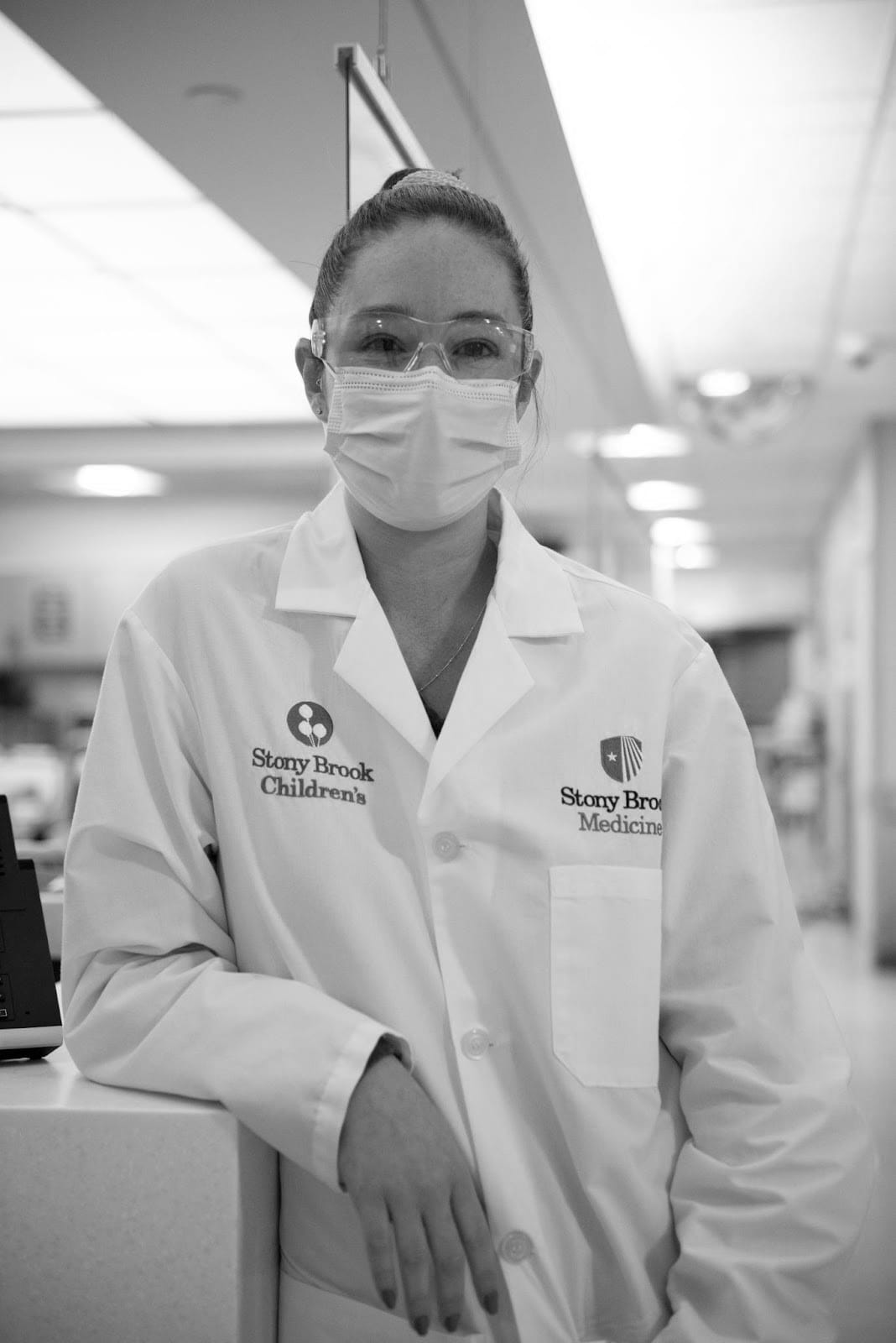Summer Tips From Nurses: Caring for Summer Sicknesses
 Credit: Getty Images
Credit: Getty ImagesDisclaimer: The information provided on this website is not intended or implied to be a substitute for professional medical advice, diagnosis or treatment; instead, all information, content, and materials available on this site are for general informational purposes only. Readers of this website should consult with their physician to obtain advice with respect to any medical condition or treatment.
While the flu or colds may not be as prevalent in the summer, children can still experience types of sicknesses and illnesses through the summer months. Heat exhaustion, heat stroke, sun poisoning, or dehydration are all health risks to keep an eye out for.
Pediatric nurses provide four tips on monitoring summer sickness and advice on when to call the doctor.
- 1
Know the Signs
Christine Russo is a board-certified pediatric nurse practitioner who works with the pediatric trauma program at Stony Brook Children’s Hospital. She warns caregivers to watch for signs that include excessive sweating and dehydration.
“Confusion, decreased responsiveness, a rapid pulse, or a temperature over 103 degrees all require immediate medical attention,” she says.
- 2
Take Cool-Down Breaks
It’s important to encourage your children to take regular breaks during the hot days and incorporate activities that help to keep them cool. These can include running under the sprinkler or playing in wading pools.
- 3
Know What Sicknesses to Anticipate
Jenna Liphart Rhoads, Ph.D., is a nurse educator, freelance author, and editor. She notes that colds and flu are not common during the summer months. However, stomach flu, hand foot and mouth disease, croup, bronchiolitis, and reactions or illnesses from insect bites are common.
“Caregivers need to look for rashes, be alert for fevers, and try to prevent children from drinking or getting communal water in their mouths,” Rhoads says.
- 4
Know When to Call the Doctor
Rhoads advises caregivers to watch out for:
- Bull’s eye rash that can indicate Lyme disease
- Fever higher than 103 degrees
- Low fever that lasts longer than 2-3 days
- Vomiting or diarrhea that lasts longer than 24 hours
- Any suspected bone breaks
Each of these conditions requires medical care from your child’s pediatrician.
Russo recommends following the American Academy of Pediatrics guidelines for children’s medical care. The best place for your child is at your pediatrician’s office. Yet, kids sometimes get sick or injured outside of office hours.
In this case, Russo recommends calling your pediatrician’s office first and speaking to the doctor on call. Your child’s pediatrician can offer advice about whether to wait for office hours the next day or to seek medical care that evening.
They will also recommend what facility to use that’s close to you. Some illnesses or injuries may be treated at urgent care, while others may require an emergency room.
Meet Our Contributors

Christine Russo discovered her love for pediatrics in the emergency department at Stony Brook University Hospital. She became a board-certified pediatric nurse practitioner in 2021 and works with the pediatric trauma program at Stony Brook Children’s Hospital and as an NP at a local primary care office.

Jenna Liphart Rhoads is a nurse educator and freelance author/editor. She earned a BSN from Saint Francis Medical Center College of Nursing and a master’s in nursing education from Northern Illinois University. Liphart Rhoads earned a Ph.D. in education with a concentration in nursing education from Capella University. Her clinical background includes surgical-trauma adult critical care, interventional radiology procedures, and conscious sedation in adult and pediatric populations. Liphart Rhoads has taught in traditional BSN, RN-BSN, and graduate nursing programs in Illinois, Texas, and Wisconsin.